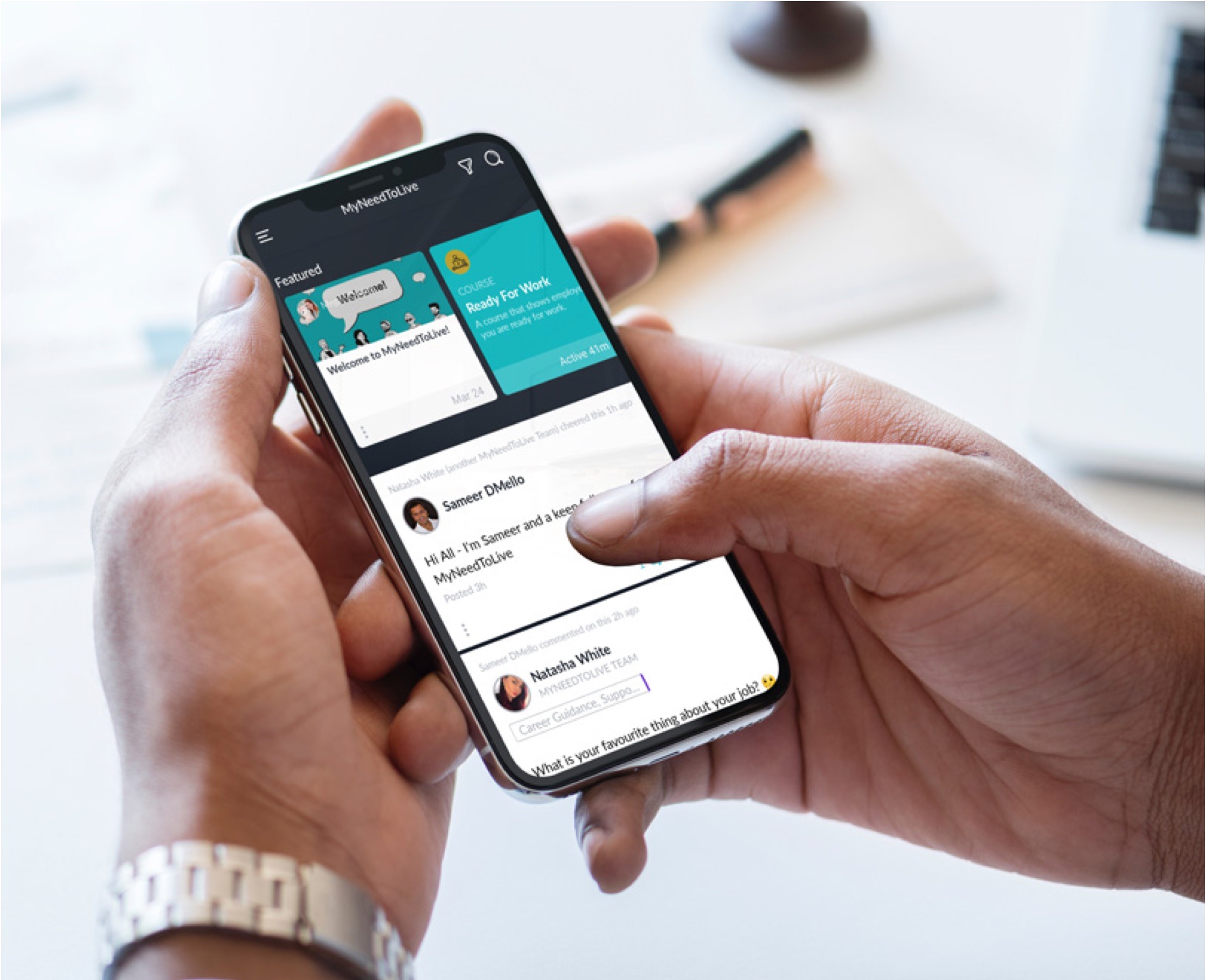
Modern primary education requires more than a classroom and chairs for effective and productive learning outcome. According to Erasmus, “the best hope of a nation lies in the proper education of its youth”.
Education, as a crucial component of economic development and poverty reduction, requires modernization and constant improvements. Primary education, which provides students with the foundation skills to continue with advanced education and thereafter participate in the labor market must be rewarding, focused, of quality and indeed productive. Because educational benefits extend to communities beyond the individual, it is the role of the stakeholders – from government, teachers, parent to children to ensure they are getting value for money, time or any other resource put in.
Primary education in many African economies has reported as being in crisis. Why? In 2016, more than half of out of school children in 2016 were in Sub-Sahara Africa. The quality of primary education is also a major challenge in these economies. Many of the learners drop out or graduate from these primary schools without learning or acquiring skills necessary for success at higher educational levels.
Funding has been found to be a key barrier to modernization of these institutions and production of rewarding and enjoyable education experience. At the root of the issue is that African primary schools, especially those in rural areas, are chronically lacking in funding, materials, qualified teachers, and pedagogies that make learning accessible to the students.
According to Africa Center Senior Fellow Constance Berry Newman report -Equipping Africa’s Primary School Learners for the Future, to improve primary education, the following key strategies have been identified. This includes returning to educational “basics,” teaching students in their mother tongues, and incorporating technology where appropriate.
Young people should not only have certain scholastic abilities, but increasingly, they should demonstrate capacity in creative thinking, problem solving, flexibility and effective communication as part of learning outcomes from their schools.
On the other side, teachers should be continuously improved in knowledge and trainings. They should be motivated to deliver in good spirits and their bests. Proper governance of the school should be put in place. The school governing board should be a decision-making body helping the School Head take informed decisions and govern improvements that eventually translate into better learning outcome to pupils, improved staff engagement and better grading for the school. Technology should be part of modern education. Students and pupils should be able to use laptops, other technological gadgets and internet to support their learning, skills acquisition and education. In this age of software development, pupils could introduced to programming at primary education and supported through to university for mastery of the subject.
Curricula should be reviewed, and improvements delivered with relevant skills and knowledge introduced to deliver better learning outcomes and improved general performance of school. Although it has been proven that young people learn new languages quicker than adults, if teaching of classes in their mother tongue would support better learning outcomes, it should be brought onboard by the Local Governing Board. Off course, technology has become a bedrock of many life events, systems and processes. Introduction of technology in teaching would make life easier for the pupils and their teachers. It would provide them access to huge (or limitless) learning resources.
The Writer: Morgan Orioha – A Preacher and Management Consultant, is an affiliate marketer and blogger. Please get connected and do business with me on Mobile: +447495668994(WhatsApp), 07574318840 (Mobile); twitter: @MorganOrioha; Facebook: Morgan Kelechukwu Orioha; Instagram: mkorioha.
Whether you want to grow your skills, get picked up by an employer who needs your specific knowledge, earn more qualifications for your CV, or some combination of the three, the My Need to Live community is here to support you.
Join the platform 01 March 2023
01 March 2023
 30 October 2022
30 October 2022

The My Need to Live Support Directory is a resource created by us to help 16 – 24 year olds find the help, support, organisation or practitioner you need to help them with their wellbeing when they need it.
Support directory
Morgan Orioha